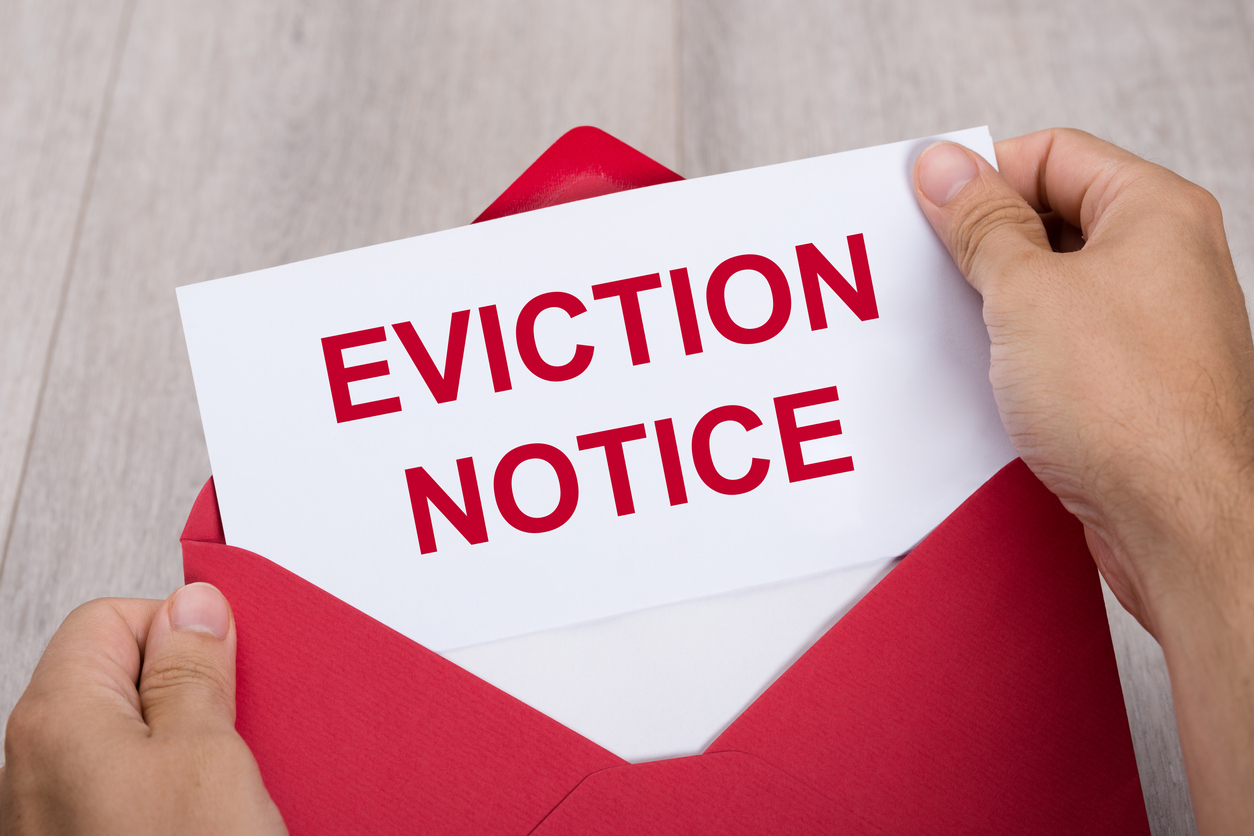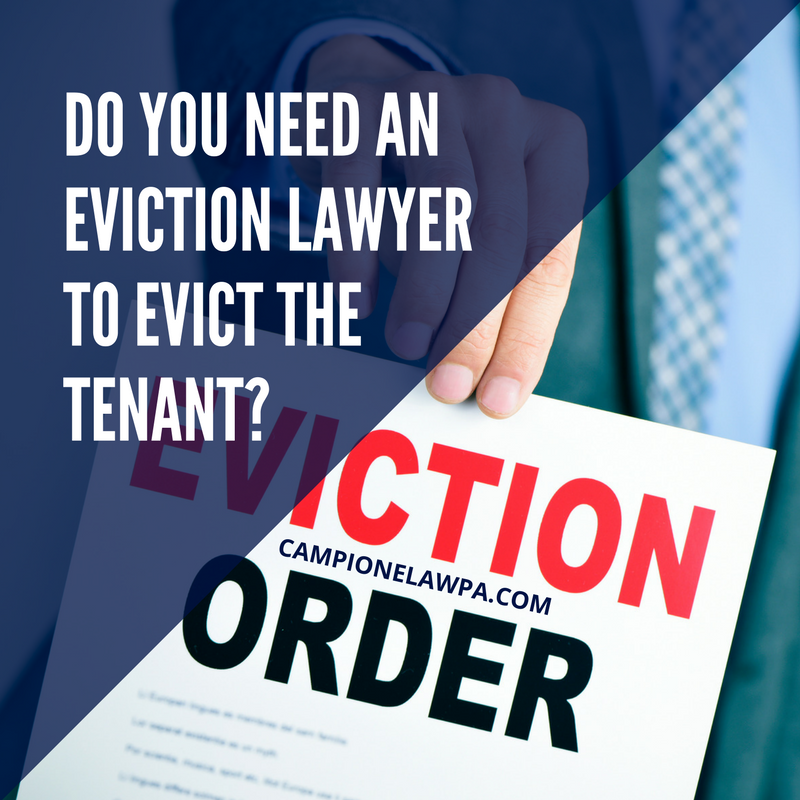Procedures and Protocols: Eviction Laws in Delaware
Procedures and Protocols: Eviction Laws in Delaware
Blog Article
Being a landlord or tenant in Delaware, it is essential to experience a great understanding of eviction legislation. Eviction is actually a lawful method for taking away a tenant coming from a rental property, and there are particular laws and regulations into position to shield equally tenants and property owners. In this blog post, we will include the essentials of writ of restitution and response among the most commonly requested queries.

Factors behind Eviction in Delaware
A property owner is only able to legally evict a renter if they have a sound purpose, like non-transaction of lease, violating the rent agreement, or carrying out prohibited actions around the residence. If a landlord desires to evict a renter without a justified reason, it is regarded as an unlawful eviction. In Delaware, a landlord must give composed observe for the tenant before filing eviction.
Eviction Approach in Delaware
The eviction process in Delaware typically begins with a published discover on the tenant. In case the renter breaks down to adhere to the notice, the property owner could then apply for eviction in the courtroom. The renter will then be given a the courtroom summons and have the chance to enroll in a seeing and hearing to question the eviction. When the court rules to opt for the property owner, a writ of ownership might be granted, along with the community sheriff will enforce the eviction.
Tenant Representation in Court
Tenants have the legal right to legitimate reflection during an eviction ability to hear, and it’s suggested that they can seek out legal advise before attending. If a tenant is not able to pay for a legal professional, they just might find free of charge or lower-charge lawful help services in Delaware.
Tenant Protections in Delaware
Delaware legislation gives a number of protections for tenants throughout the eviction method. As an example, a property owner cannot physically remove a renter or their belongings in the property without having a court buy. Tenants also provide the ability to challenge an eviction in the court and request more hours to vacate the property.
Property owner Obligations in Eviction Situations
Landlords in Delaware have certain commitments during the eviction approach. For instance, they must provide created notice to the tenant before filing eviction and cannot modify the hair or switch off resources to force the renter to vacate your property. If your property owner violates a tenant’s rights throughout the eviction procedure, they might be at the mercy of lawful fees and penalties.

Verdict:
To conclude, comprehending eviction rules in Delaware is essential both for landlords and renters. If you are a property owner, it is crucial that you stick to the legitimate procedure for eviction and make sure that you have got a valid reason for doing this. Renters should know about their rights throughout the eviction procedure and might want to look for legitimate representation. By using a basic comprehension of eviction legislation in Delaware, each property owners and renters can protect themselves and get away from unneeded legal disagreements. Report this page